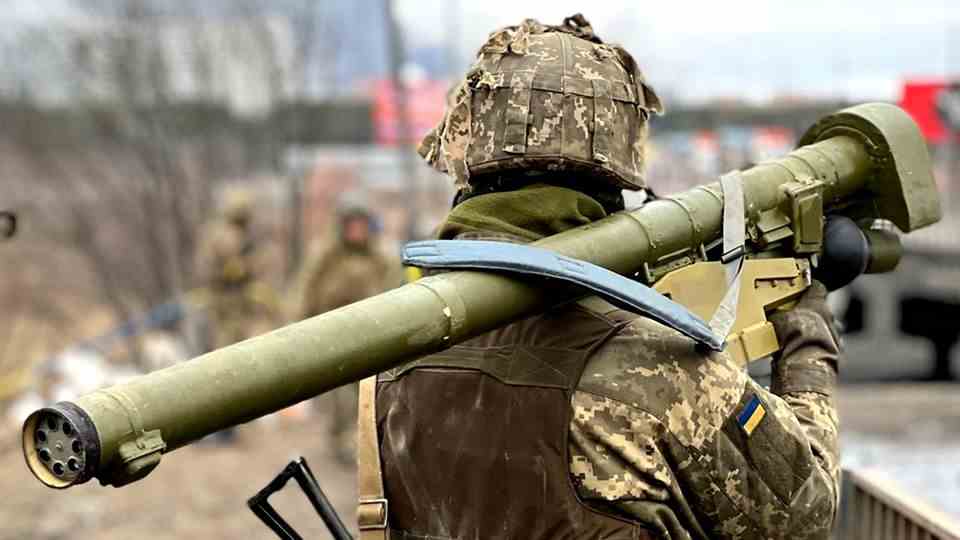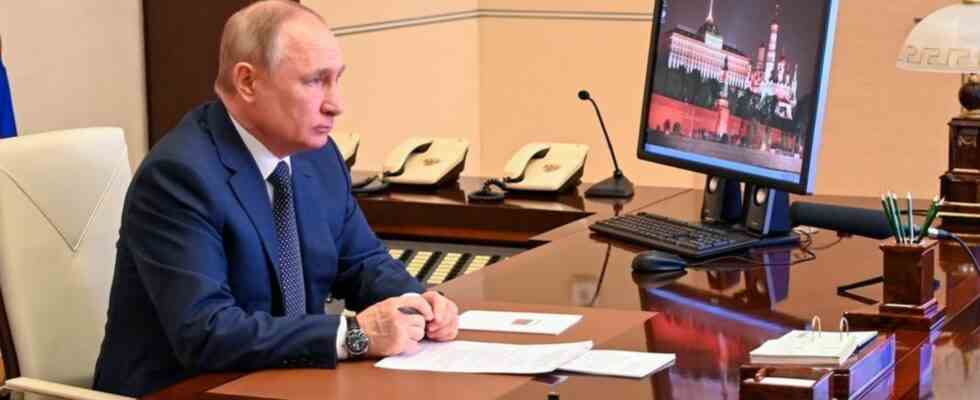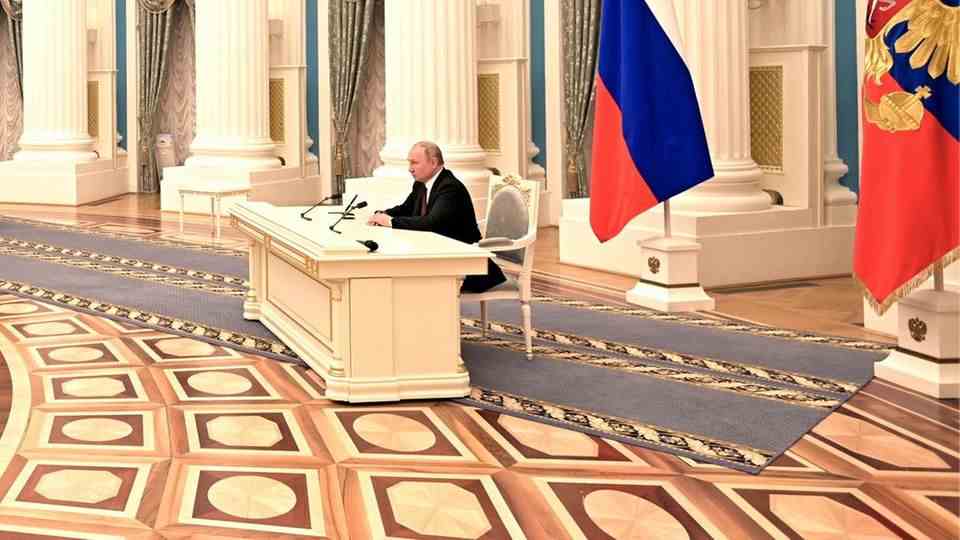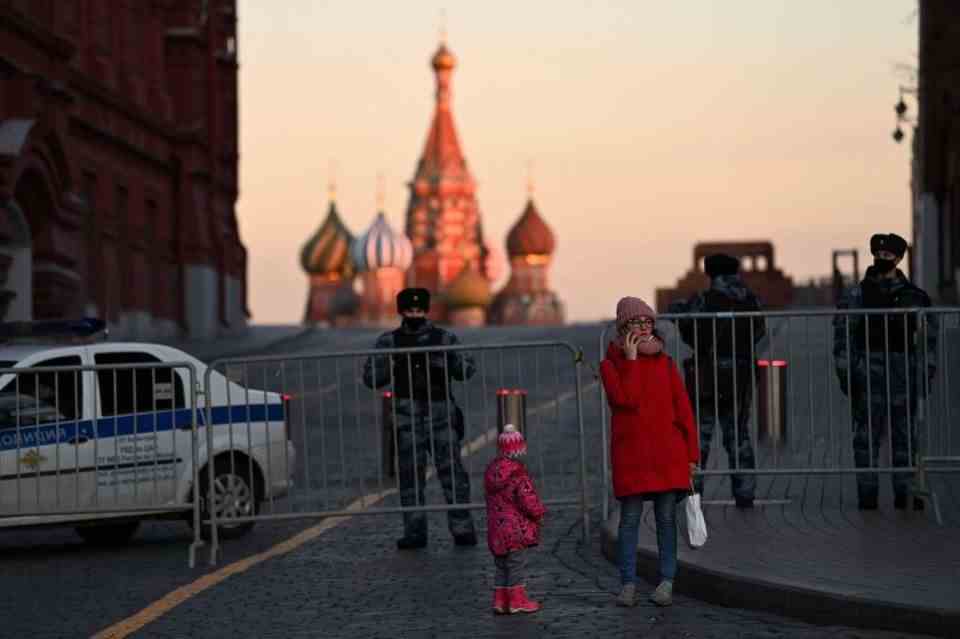Since 2014, the Russian government has been working on the possible isolation of the so-called “Runet”, i.e. a kind of “state Internet” like North Korea’s “Kwangmyong”. The war in Ukraine and the countless sanctions against Russia could result in Putin digitally isolating his country in the future.
A letter from Moscow is causing the international Internet community a lot of headaches: it seems as if Russia is concretizing the gradual introduction of a nationwide intranet with no connection to the outside world – the return of the Iron Curtain in digital form, so to speak. The decoupling of the Russian Internet (“Runet”) was already decided in 2014 in the National Security Council, and the corresponding law came into force in 2019 with the signature of Vladimir Putin. By “Runet” is meant the Russian-speaking segment of the Internet. For controlling what the Russian people learn about the war in Ukraine, isolation would be the perfect tool. And a response to the withdrawal of countless international companies and the attacks by hackers as well.
+++ Also read: Money or power: what does Putin want with his own Russian Internet? +++
Things are getting pretty cramped for the Russian population on the Internet. Not only are popular service providers such as Netflix proactively withdrawing, the government is also independently blocking important contact points such as YouTube, Facebook and Twitter. Even the Chinese social network Tiktok was forced to cut back its service, as a new law on the dissemination of alleged false reports can quickly spell doom for platforms with user-generated content.
Full control on the web almost impossible
The diversity that people in Russia still had until a few weeks ago is long gone. But Russia is still part of the international network community – and accessible from the outside world. As a result, the government is far from having all the strings in hand to be able to fully control the Internet. On the contrary: while a bloody war rages in Ukraine, hackers and companies around the world are fighting Russia and President Putin on the digital front.
Most recently, the leading US internet provider Cogent blocked Russian customers from its network. As the operator of important global hubs, which according to its own statements route up to a quarter of all data traffic on the Internet, the group demands “all ports and IP address spaces made available by Cogent back at the time of termination.” Among others, the state telecommunications provider Rostelecom, two of the largest Russian mobile phone providers and the search engine Yandex are affected.
The separation from Cogent will not automatically mean that people in Russia will be disconnected from the Internet, but the available bandwidth is shrinking noticeably and the Internet threatens to become significantly slower across the country. For the population, the government’s inability to evade the market power of Western corporations could appear to be a weakness.

Coupled with hacker attacks by the international collective “Anonymous”, which unrestrainedly targets every target in Russian hands that can be reached, Russia has the opportunity to switch to the isolated “Runet” to end the tumult immediately. Like the North Korean Internet “Kwangmyong”, the Russian Internet would then not be accessible from the outside and could not be crossed from the inside. At least in theory.
+++ Also read: North Korea’s hackers attacked him – so he took revenge on the entire country’s Internet +++
Test ran successfully in 2021
Most recently, Russia separated the “Runet” from the rest of the world in the summer of 2021. In the name of security, the country had cut itself off from the international internet community in a test to be prepared in the event of “external disruptions, blockages and other threats.” A complete isolation was considered unlikely at the time. When the law was signed in 2019, Wolfgang Kleinwächter, one of the leading Internet experts, said: “Of course Russia could build its own infrastructure, but that would be a shot in the foot. That would be economic and political nonsense.”
The attack on Ukraine, the sanctions imposed by the western world and the constant cyber attacks on Russia may have changed that. The translated letter from Russia states that all government websites are to be moved to Russian servers by March 11. They are also said to significantly increase password requirements, target DNS servers on Russian territory and use a “.ru” domain. Also important: The operators should remove all website elements that come from foreign companies. According to the letter, the government also wants to know for whom it is essential to be available outside of Russia.
No plans to break up
It could also be that the measures taken at this point are merely increasing security for Russian providers of government-owned web services. The Russian daily Kommersant, owned by the sanctioned oligarch Alisher Usmanov, reports that the isolation of the networks serves to increase protection against cyberattacks and preserve the “possibility of disconnection from the outside”. According to this, however, there are no plans “to separate Russia from the global Internet.” The Russian IT expert Oleg Shakirov agrees, who denies reports on Twitter that speak of the digital iron curtain being raised. He also narrows it down: “Claims that Russia is separating itself from the Internet are wrong – for the moment.”
In theory, the international community itself would have tools to disconnect Russia from the Internet. Ukraine asked for this several times in the past week. However, the responsible coordination bodies ICANN and RIPE insisted that they had to behave neutrally, on the one hand to maintain the flow of information to Russia and on the other hand not to create a precedent that would make it socially acceptable for individual countries to switch off the Internet in the event of a crisis.
+++ Also read: Russia and Ukraine want to switch off each other’s Internet – in completely different ways +++
Meanwhile, Russia is trying to throw Ukraine off the grid by other means. For example, Putin’s army attacked the satellite network KA-SAT even before the invasion, and the Ukrainian provider Triolan was temporarily disconnected from the network. As a countermeasure, Digital Minister Mykhailo Fedorov asked Elon Musk for help, who promptly activated his Starlink satellite internet for Ukraine and sent ground stations (read more here).
Mysterious ships and cyber soldiers
Of course, there is no shortage of theories about what comes next on social networks. Because it is suspected that the measures that have now been decided could also be preparation for a cyber offensive that Russia is planning in response to the never-ending hacks. This is how the research ship “Yantar” set in motion and tools on board to manipulate vital undersea cables for the internet. At the same time, the “United States Cyber Command” is fighting from European locations against Russian attacks on international internet service providers.
swell: Anonymous Twitter, Reuters, TechTimes, El Correo, Kommersant, Twitter, inSmart.cz, New York Times, Legislative text on decoupling



